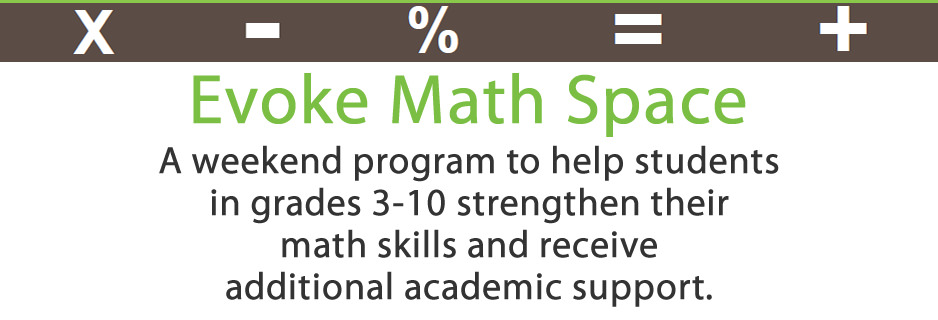According to the psychologist and ADHD expert Russell Barkley, an emotion is a motivational state that can be regulated by most of us through the frontal lobe of the brain. Unlike other animals, humans can sustain their motivation even in the absence of consequences, and just thinking about our goals can keep us going. This ability is the source of drive, persistence, determination, and willpower. It is what enables most people to take an idea and pursue it in spite of everything going on in their environment.
But individuals who have ADHD have trouble regulating their emotions efficiently, and this affects their ability to persist toward a goal. Barkley compares this lack of motivation to the state of a missile with a powerful computer but no gas in the fuel tank. People with ADHD, he says, are ready to launch but cannot get off the ground. They are externally dependent on that fuel—on immediate consequences—to create a motivational state. In Barkley’s view, this makes ADHD a motivation deficit disorder.
What is the solution? Individuals with ADHD need to stop relying on a dysfunctional source of internal motivation and turn instead to external supports. If you can’t change it, you need to go around it. Although everyone with ADHD faces their own unique challenges, there are many tactics you can use to help you meet your goals. Ask yourself what is distracting you and pulling you off track and what you need to put in place to push yourself forward. Examine what you need to be successful and look at the ways in which you can add fuel to your fuel tank.
- Set up constant reminders and check-ins
- Break your work down into small actionable steps with deadlines
- Partner with an academic tutor, peer tutor and/or academic coach
- Set up study dates with studious friends and peers
- Block access to distractions by setting up site blockers on the Internet during work periods
- Do your work in an environment that is conducive to studying, such as a library
- Help organize study groups to help keep you motivated and on track
- Set up meetings with instructors to review key deliverables en route to the completion of a task, such as meeting with an instructor to review the essay outline one week, discuss the essay draft the following week, and hand in the essay the week after
- Keep reminding yourself of the reason you are engaged in the work and your overall goal
Resources
Barkley, R.A. “The Important Role of Executive Functioning and Self-Regulation in ADHD.” 2012. Web. 28 November 2013
http://www.russellbarkley.org/factsheets/ADHD_EF_and_SR.pdf
Weinfeld Education Group. “Russell Barkley on ADHD, Part II.” 26 December 2011. Web. 28 November 2013
')}



